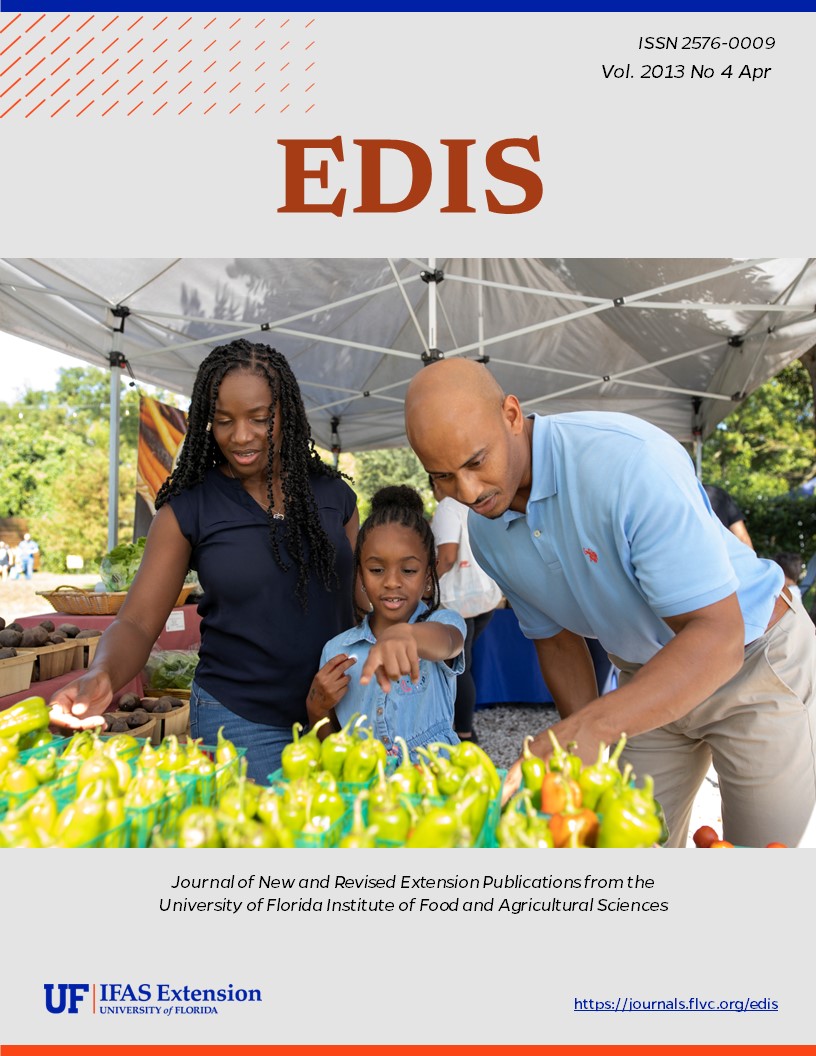Abstract
This document provides an overview of the castor bean plant (Ricinus communis), detailing its characteristics, uses, and potential hazards. It describes the plant’s growth habits, physical features, and its classification as an invasive species in Florida. The article also highlights the plant’s allergenic properties and the toxicity of its seeds, which contain ricin. Additionally, it outlines the commercial, horticultural, and medicinal applications of castor oil derived from the seeds, emphasizing the importance of careful handling due to the plant’s toxic nature. Original publication date May 2010.
References
Borror, D. J. 1988. Dictionary of root words and combining forms (1st ed.). Mountain View, CA: Mayfield Publishing Company.
CastorOil. 2006. Castor oil: The castor oil resource. Retrieved from http://www.castoroil.in/
Center for Aquatic and Invasive Plants 2009. Castor bean: Ricinus communis, Retrieved from http://plants.ifas.ufl.edu/node/372
Coombes, A. 1994. Dictionary of plant names: Botanical names and their common name equivalents. Portland, OR: Timber Press.
Duke, J. A. 1983. Handbook of Energy Crops. Retrieved from https://hort.purdue.edu/newcrop/duke_energy/Ricinus_communis.html
Florida Exotic Pest Plant Council 2009. 2009 invasive plant list. Retrieved from http://www.fleppc.org/list/list.htm
Floridata.com. 2004. Ricinus communis, Retrieved from https://floridata.com/plant/763.
Ogren, T. L. 2000. Allergy-free gardening: The revolutionary guide to healthy landscaping. Berkeley, CA: Ten Speed Press.

This work is licensed under a Creative Commons Attribution-NonCommercial-NoDerivatives 4.0 International License.
Copyright (c) 2013 UF/IFAS

